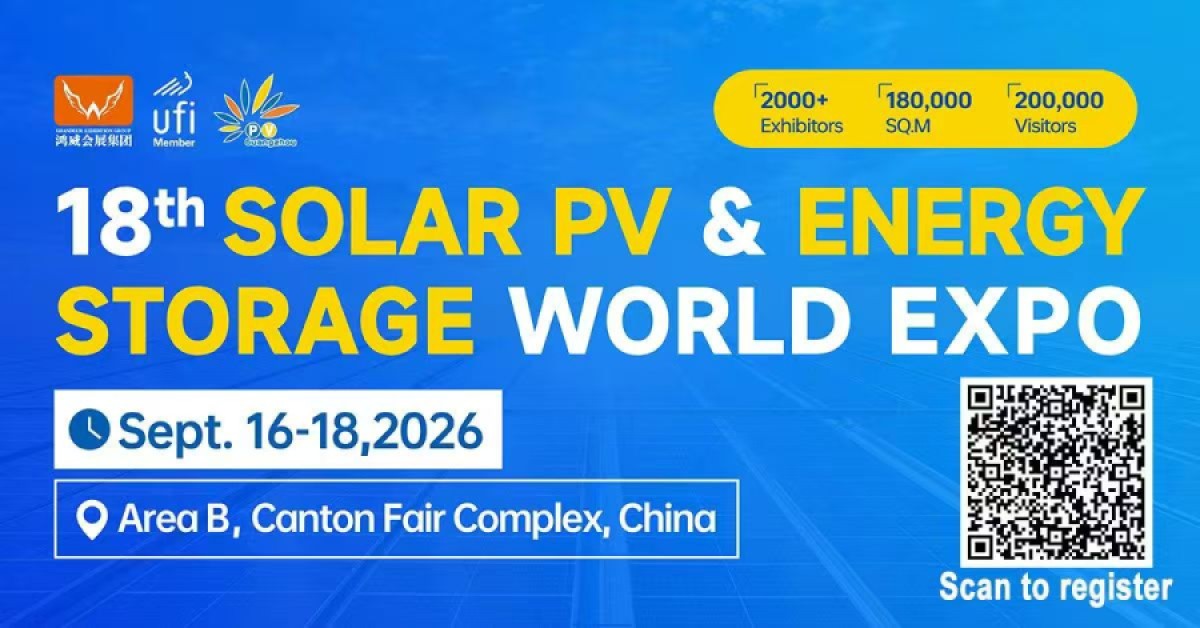In comparison to earlier practices users' needs, availability of technologies, mode of financing, productive end-use of energy and management pattern had been changed at present scenario. The other big change is country's system to federal model as directed by the Constitution of Nepal (2015). The renewable energy movement hence had to shift accordingly. Stakeholders need to be prepared with right judgement 'right now' so as every demand should be addressed well with catering of best available technologies at an affordable price where easier financing modalities and skill to value addition in local products will be a must to be able to pay the cost of technology and economic growth as well. The private sector will have to take a lead in demand driven technological intervention where socio-economic upliftment is ensured keeping in view protection of environment and ecology, and climate change issues.
In the changed context, RECoN has been paying attentions to conduct following programmes in the year 2018. The confederation will utilise its strength expertise of the member organisations, associated professionals and the resources from the government ministries, departments, agencies, donors, development partners, international NGOs, international development agencies and the institutions active in the country will make its efforts meaningful.
- Capacity building of private sector
- Upgrading of technologies
- Upgrading management skill
- Upscaling of market structure
- Enhancing financial and investment modalities
- Develop joint venture trends
- Lobby and advocacies on business opportunities and lawful rights of private sector
- Conducive environment
- Private sector friendly policies
- National level workshop on knowledge sharing in RETs,
- Introduction to new technologies
- Exhibition of available and innovated RETs
- Collaborating in International Conference on Investment in RE in Nepal
- Participations in various RET promotion and innovation programmes in the country, and abroad
- Interactions with media
- Print media
- Radio
- TV
- Website and social media
- Capacity development to users, consumers, communities
- Knowledge on RETs
- Benefits of RETs including GI
-
- Social
- Economic
- Health
- Environment and climate change
- Best available technologies
- Best affordable technologies
- Fund management
- BFIs
- Cooperatives
- Payabilities
- End-uses
- Small and cottage industries
- Raw materials, skill, production, marketing
- Financial management
- Conducting actively the GIE Nepal Programmes as a partner institution of the consortium
- Others as guided by the situations will also be addressed with due priorities




